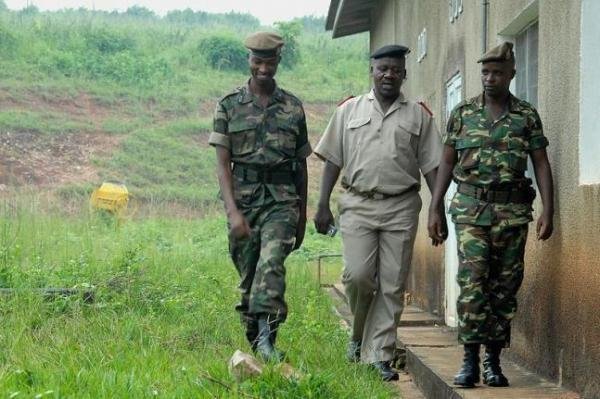GARISSA, Kenya, Jan. 4 (UPI) -- The Garissa University College in Kenya officially reopened Monday, nine months after the al-Shabab siege that left nearly 150 people dead.
The school's staff are to report back to work for an academic board meeting on Wednesday, when prospective students will also be given information on courses. Students are expected to return to campus next Monday.















